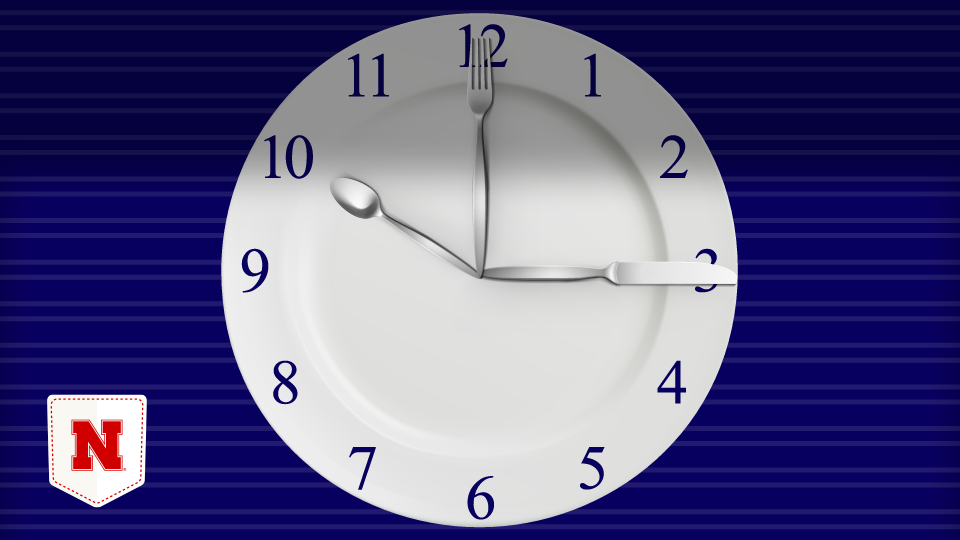
Welcome to Pocket Science: a glimpse at recent research from Husker scientists and engineers. For those who want to quickly learn the “What,” “So what” and “Now what” of Husker research.

What?
Researchers have taken to studying how eating in the evening — especially just before putting head to pillow — might modify hormone-related hunger cues, the amount of food people consume, and the digestion of that food. Those changes, in turn, could potentially contribute to greater risks of inflammation and weight gain, among other outcomes.
One possible factor in late-night snacking? Sleep schedules. But virtually no research has investigated those links in adolescence, when both sleeping and eating habits often get locked in for the long term.
So what?

The more a teen’s length of sleep varied from one night to the next, the more calories and fat they tended to consume after 8 p.m., 9 p.m. and 10 p.m. Getting less sleep, meanwhile, corresponded with ingesting more calories and sugar after 8 p.m. and 9 p.m. The findings hint that teens, whose sleep patterns generally vary more than adults’, could be especially susceptible to any diet-related effects of erratic sleep.
Now what?
Future studies should consider accounting for other potential factors, the team said, which include circadian rhythms and family dinner routines. That research should also look to establish the direction of any sleep-based correlations: whether inconsistent sleep patterns actually cause more nighttime eating, for instance, or vice versa.
If the links between sleep and nighttime eating do hold up, dietary interventions could begin focusing more on eliminating impediments to sleep and establishing regular bedtimes, the researchers said.







